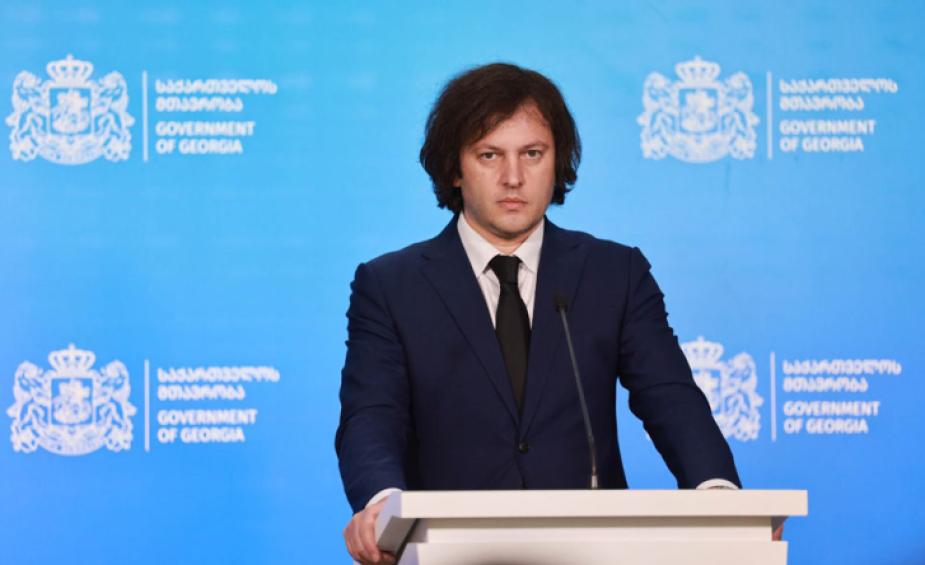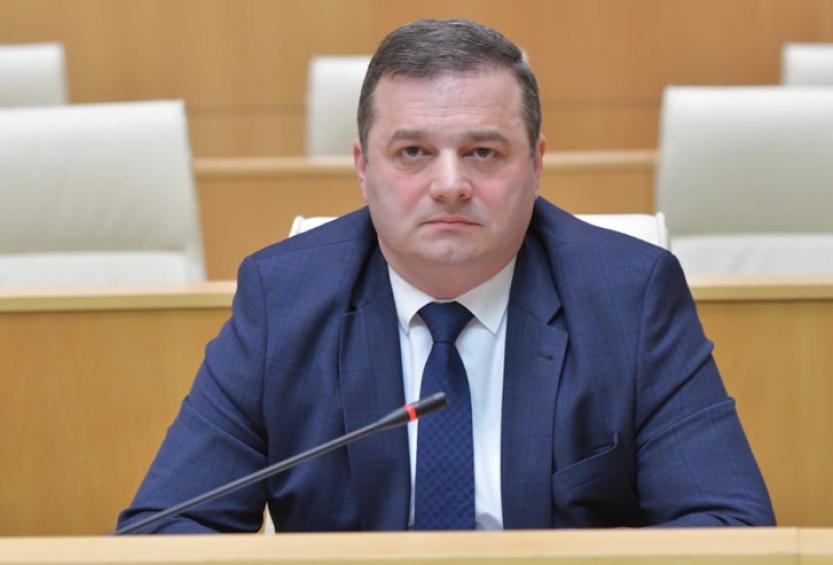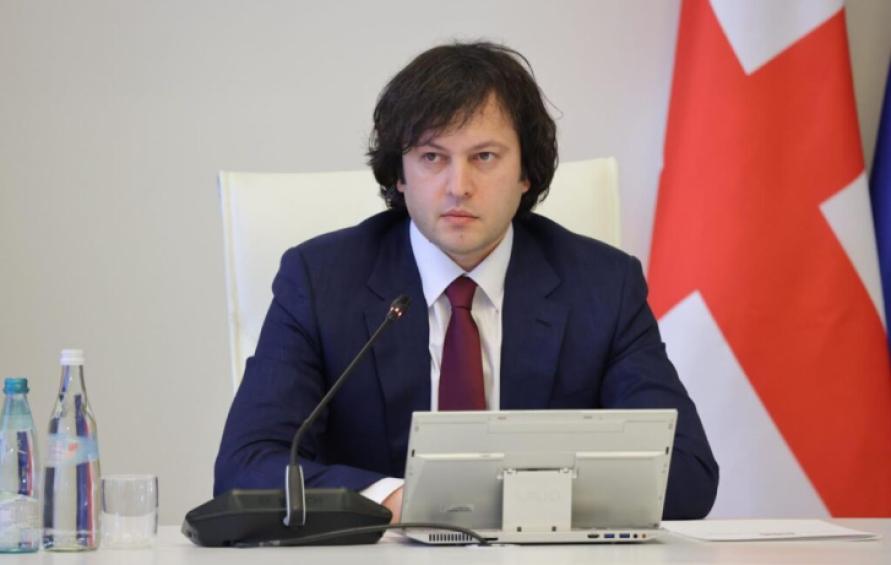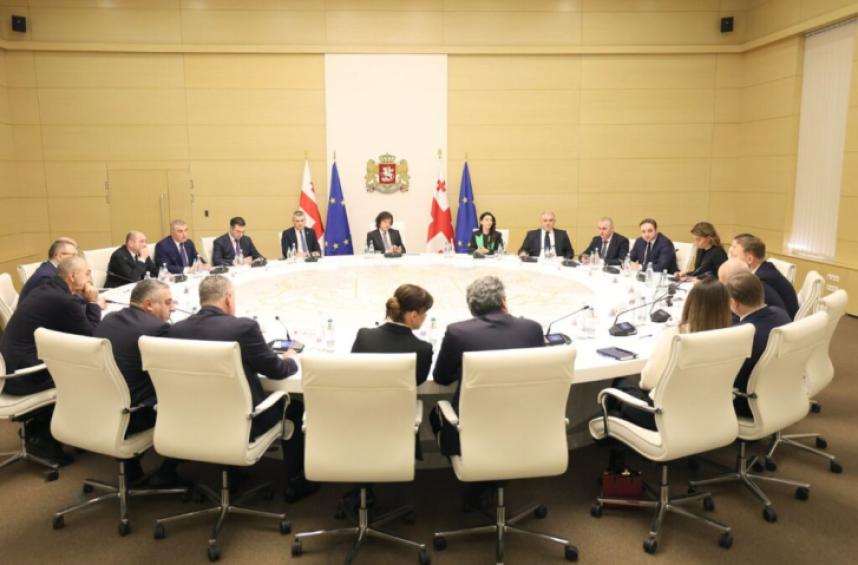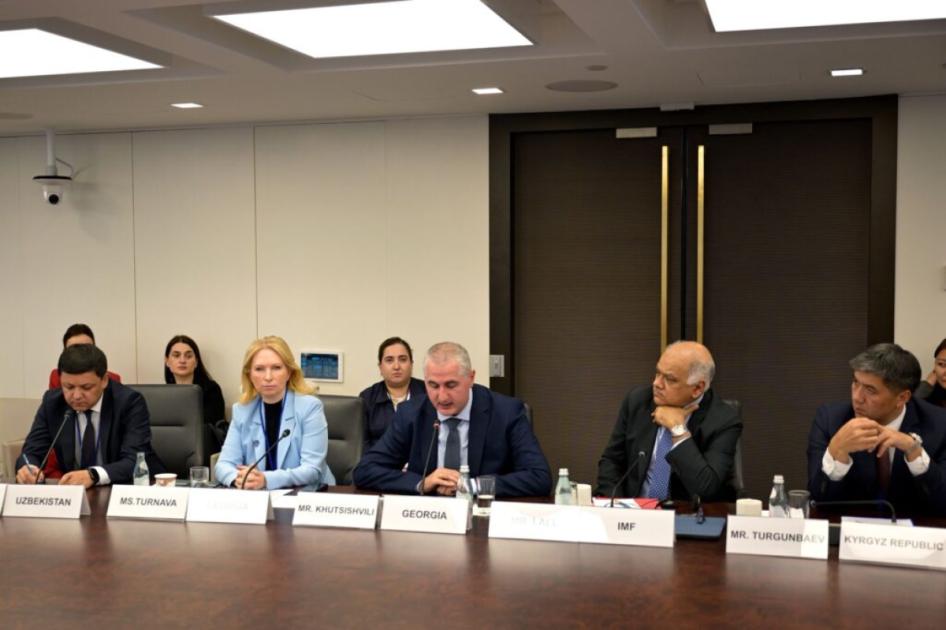
At a joint IMF meeting with Central Asian and Caucasus finance leaders, Georgia’s Finance Minister Lasha Khutsishvili highlighted the country’s strong economic performance and strategic role as a regional connectivity hub.
Despite geopolitical pressures, Georgia has maintained stable growth, averaging 9% annually over the past five years, with low inflation, a doubling of GDP per capita, and growing exports in sectors like ICT, education, and tourism.
Khutsishvili noted that 7–8% of GDP is directed toward capital investments, including key infrastructure projects such as the East-West Expressway, power transmission lines, and a new deep-water port. The country is also investing in digital platforms, simplified public services, and modernized customs and tax systems.
Georgia is now part of the EU’s computerized transit system (NCTS) and has trade agreements with 47 countries. It ranks highly in the new B-Ready index: 1st in budget transparency, 2nd in operational efficiency, and 3rd in regulatory framework.
Regional cooperation remains a top priority. Georgia is working with Azerbaijan on joint border checkpoints and preparing new energy and digital corridors, including underwater cables and expanded transmission lines. Plans are also underway for a new airport.
“The Middle Corridor has always been strategically important,” Khutsishvili said. “Stronger regional cooperation and international support are key to its success.”
0
0




